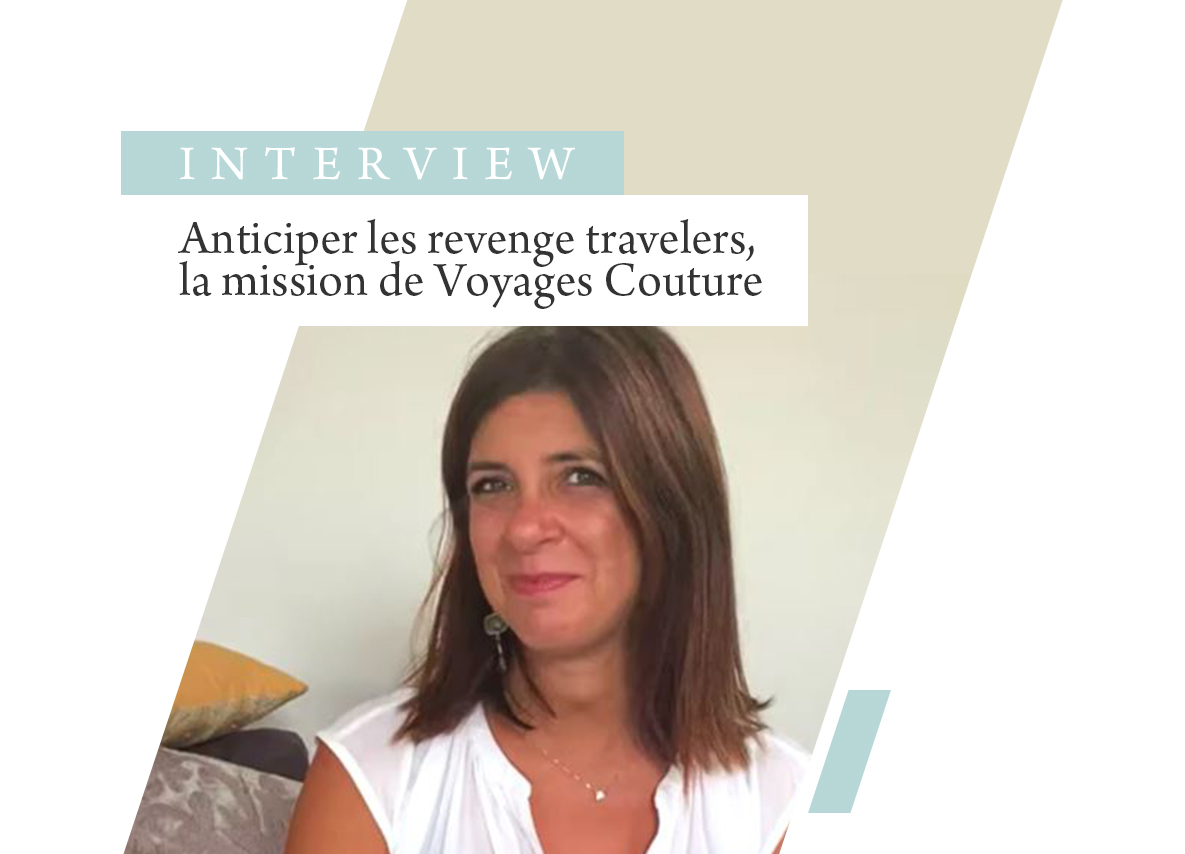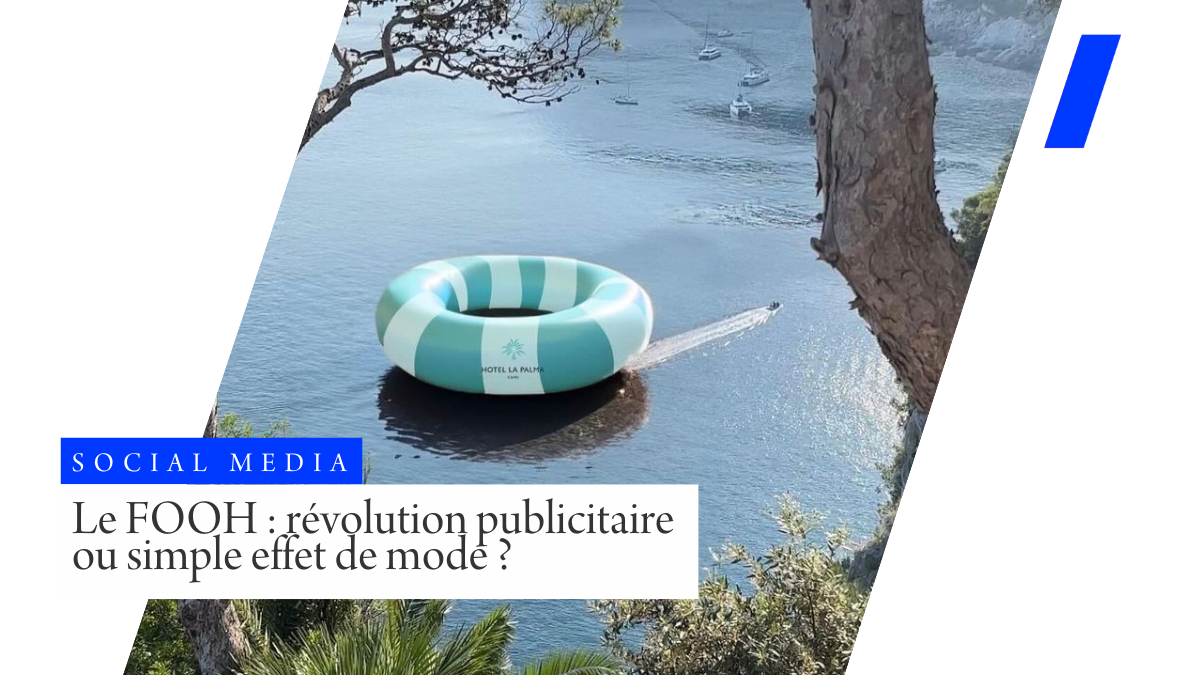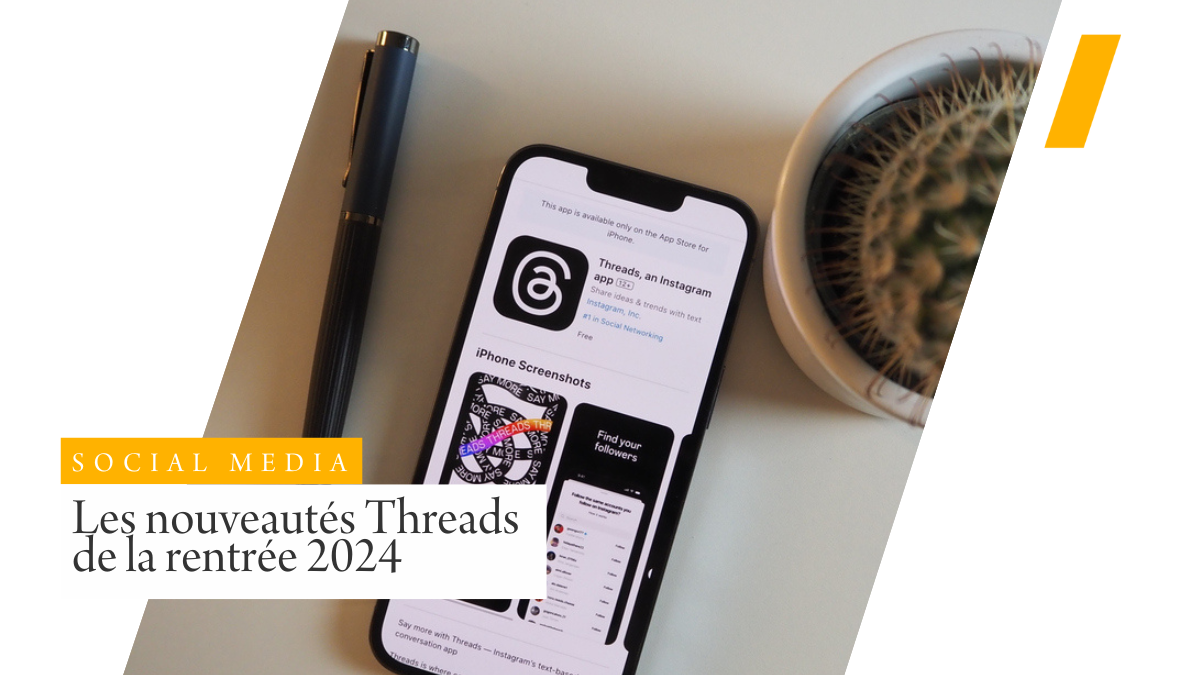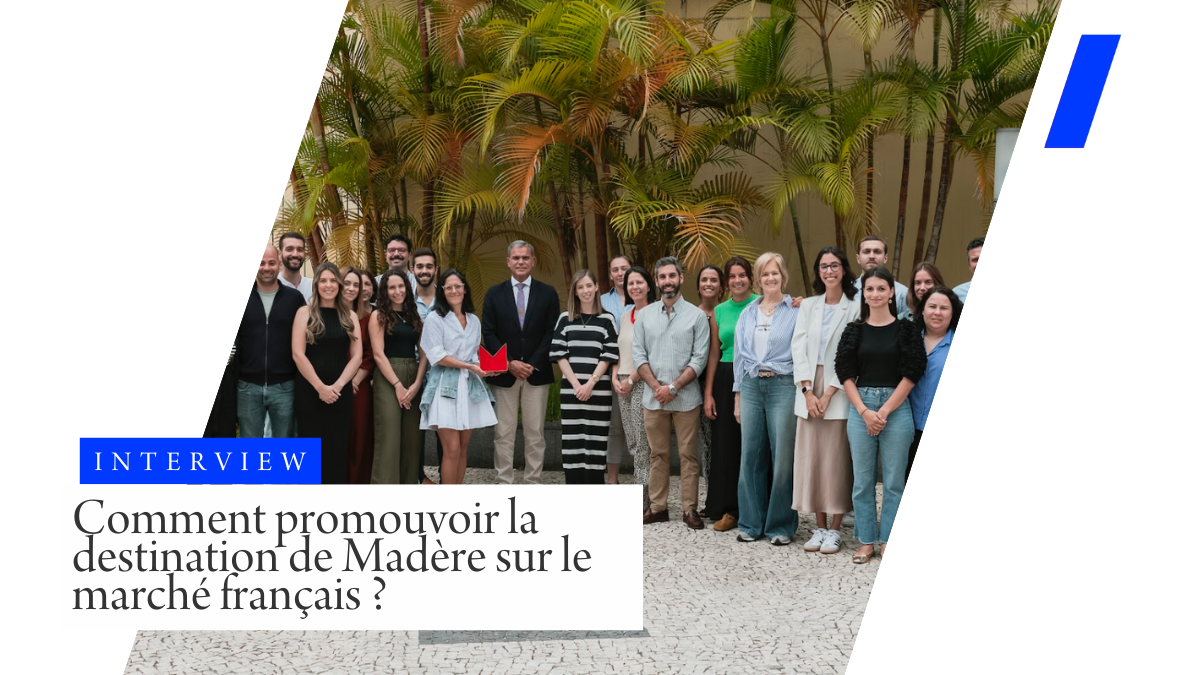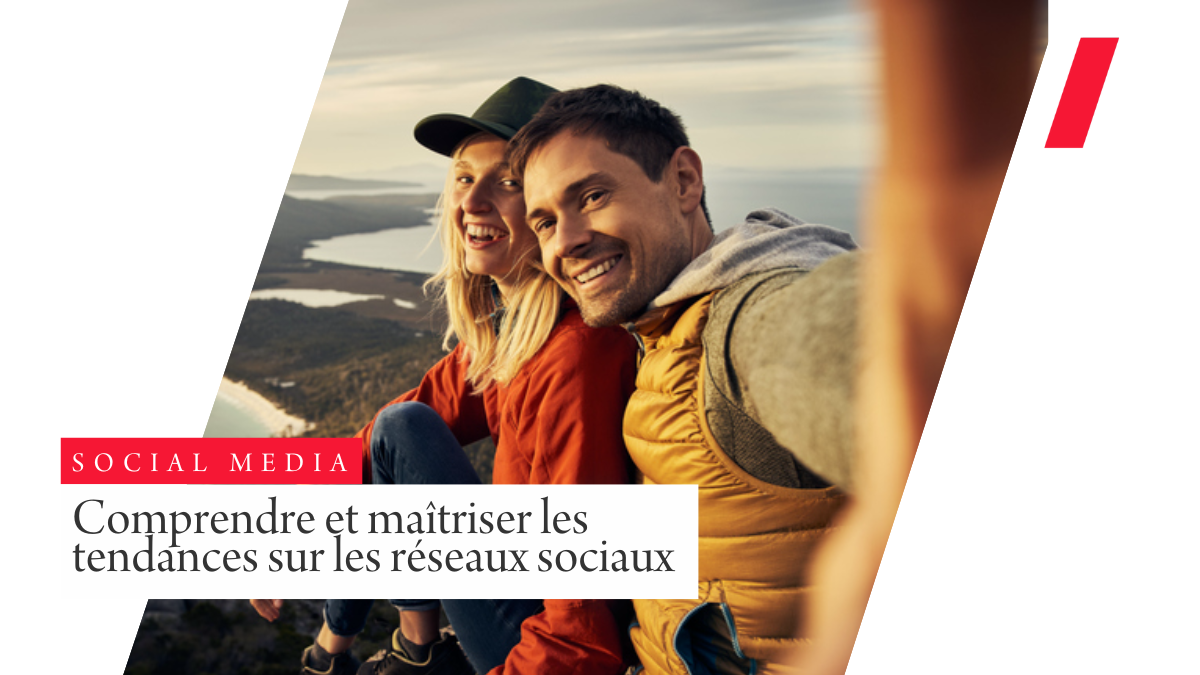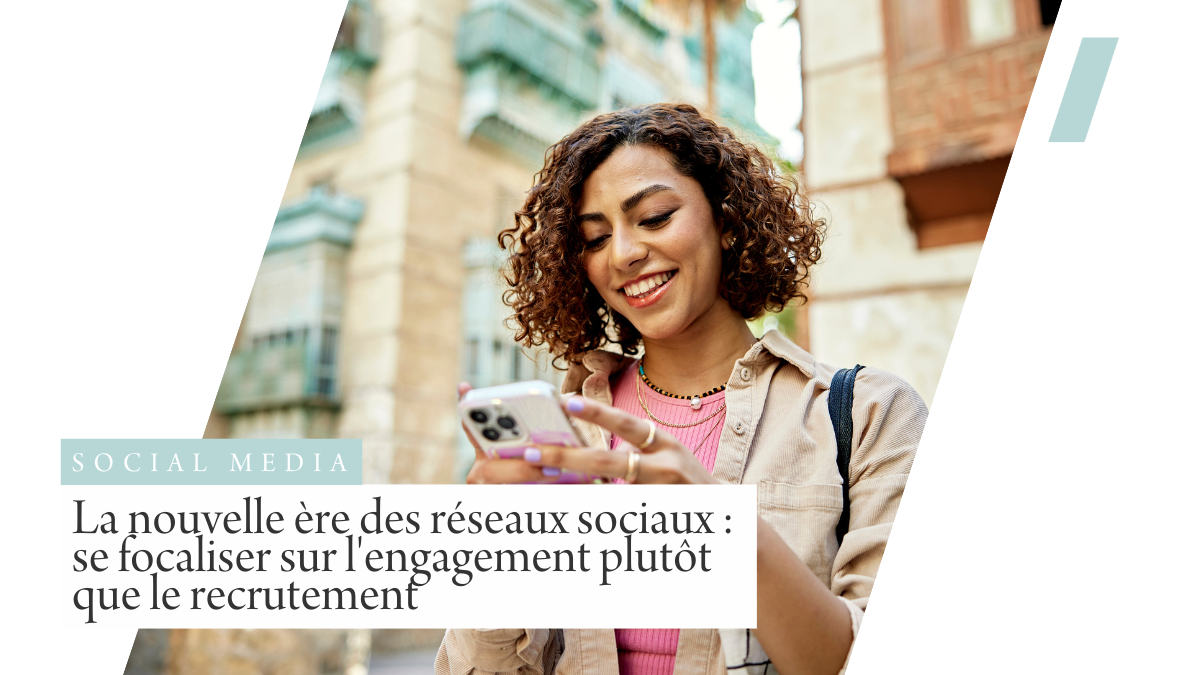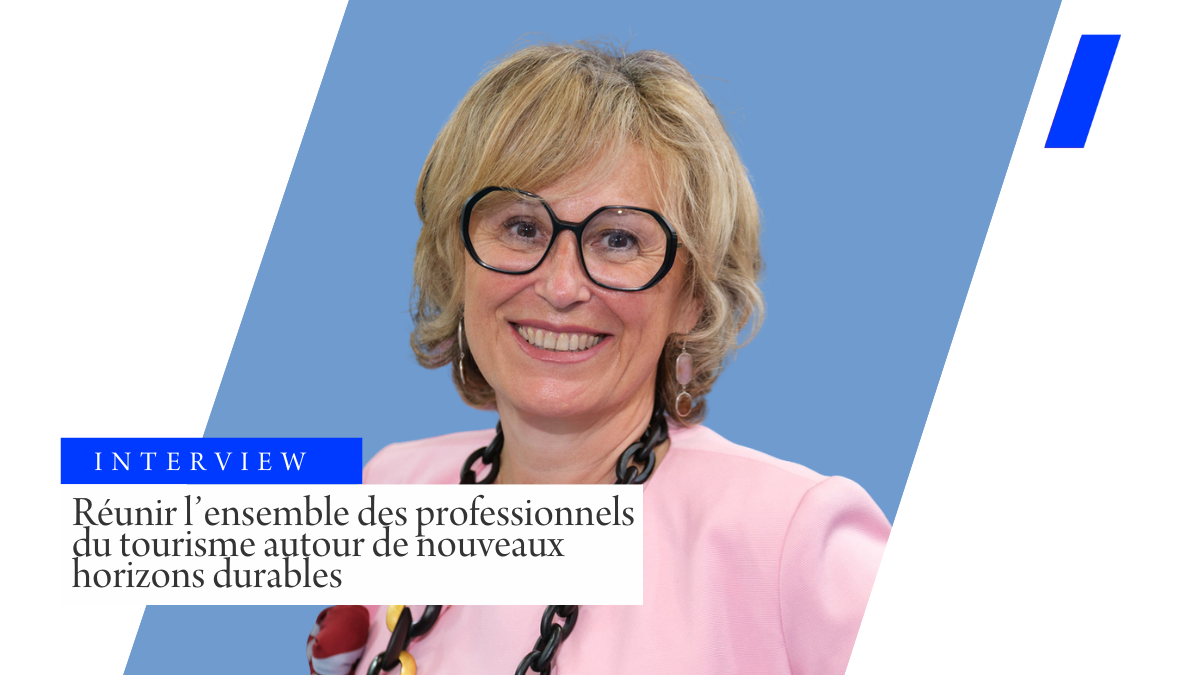Today we meet Barbara Roussel, director ofVoyages Couture.
A long-standing partner of the agency, Barbara has faced up to the Covid crisis and gives us her feedback on how she coped with this catastrophic situation and what she plans to do to prepare for the relaunch of her travel agency.
She’s got it: adapting to new digital and travel consumer behaviors will be the key to getting off the tarmac.
Can you tell us a little about yourself and your agency, Voyages Couture?
 I’m Barbara Roussel, director of Voyages Couture.
I’m Barbara Roussel, director of Voyages Couture.
I’m not originally from the tourism industry.
I started out in retail, then moved on to container shipping and e-commerce.
In 2014, a friend of mine launched the crazy gamble of creating an online travel agency.
She had the business knowledge, the ideas, and I had the customer expertise, the web service knowledge.
The result was Voyages Couture.
A human-sized agency specializing in made-to-measure and à la carte travel, a small team of 4 people all passionate about the world and its discoveries!
I like to share my passions, my favorite addresses and find the little pearl that will make all the difference.
And I’m always available.
That’s what my customers appreciate.
My dedication, my availability, and the fact that I’m always smiling on the phone, or when we meet.
I’m proud of my loyal customers, many of whom contact me by recommendation.
They’re my best business card.
My favorite destinations: Brazil of course, a destination I love passionately, but also Argentina, Chile and Peru….
Southern Africa: Namibia, South Africa, Botswana….
destinations that combine safaris, exceptional landscapes and magical addresses!
And Burma, which remains Voyages Couture’s flagship destination, our signature from the start.
A destination we know inside out.
How did your role and missions evolve during the Covid crisis?
Until March 2020, I was creating tailor-made trips.
It was my passion and my mission.
To propose the ideal trip according to the traveler’s budget and desires.
Beyond that, of course, I also managed all the more administrative aspects of the agency, including team management….
From March 2020 onwards, we had just one mission: to repatriate, to ensure the return of those who were on the other side of the world and had to be repatriated, to manage last-minute emergencies, to postpone, to cancel all the trips we had taken so much care of.
Overnight, no more sales, no more quotes.
And yet, more than ever, we fulfilled our role as travel agents.
An essential role for our customers and for us, to guarantee end-to-end support!
And then I had to secure the cash flow, find solutions to keep my team, reassure our travelers and keep them informed of covid developments for their travel plans.
We had to manage and control costs.
It was at this point that I realized that my passion for travel took second place to my duty as a manager.
Much less fun than the trip.
When everything came to a halt, you went so far as to take on 2 jobs at the same time, despite the benefits.
When everything stopped, we didn’t know how long it would last. We imagined a resumption in June, and then again in September. And from August onwards, we were hopeful that travel would resume. Travelers to Kenya, Tanzania, Polynesia… A little recovery that gave us hope.
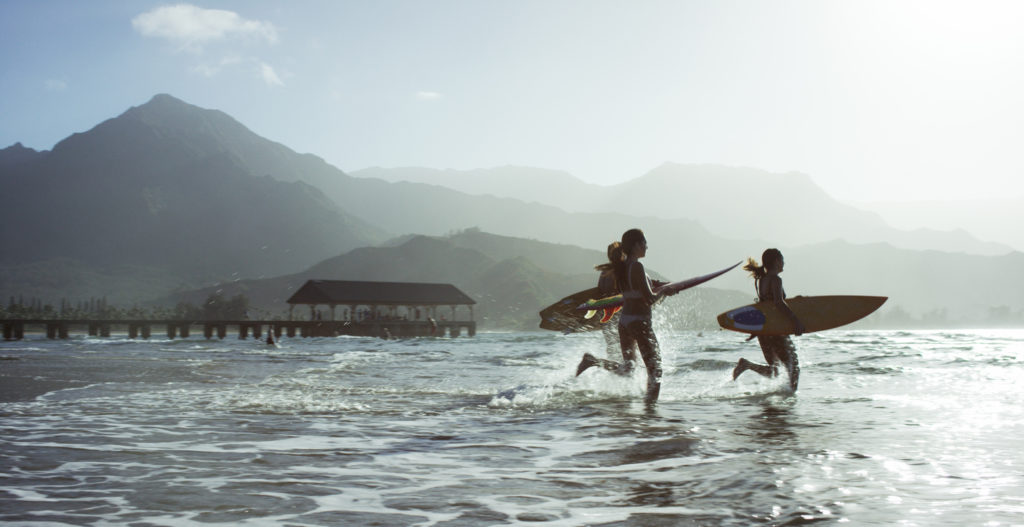
At last we were back in the travel agent’s hat!
I’m in a positive mood, and I like to think that behind the clouds is the sun.
Unfortunately, at the end of October, the whole profession was dealt another blow with the 2nd confinement.
In a crisis like this, you have to stay strong.
Don’t collapse.
Keep smiling, be positive.
Sometimes you have to make tough decisions, but you have to stay the course and keep your eyes on the future.
We can’t admit defeat, not this time, there’s still so much to do.
My team’s salary was guaranteed thanks to short-time working and state aid, but mine was not.
I was obliged to find a complementary activity to stay on course financially,
I took a full-time position in a clinic for a few months, to secure my cash flow.
I worked 3 12-hour days (the days when my part-time team was on site) and all the other days and evenings, I managed the agency, estimates, postponements….
It’s complicated to do everything at once.
It takes a lot of courage and humility to go knocking on doors, take on a job that’s not your own, learn a new trade….
What were the priority communication topics during the Covid crisis, and what channels were used?
Since this unprecedented crisis, we’ve had to reassure people, and also make them dream.
We all want to travel again.
Reassure our customers that we were still there, that current trips would be postponed, that certain destinations were accessible….
We focused our communication on newsletters to keep them informed of developments in the global health crisis, with ideas for getaways to reassure them.
- For customers who had a departure, we explained how the trip was going to work on the spot, so that they didn’t have to postpone a trip that could have been made under the best possible conditions.
- For those who had their trip cancelled or postponed, I focused my communication on more administrative information to keep them informed of upcoming travel opportunities.
To our surprise, our customers were reassured and wanted to go abroad. In particular, we had a lot of travelers for the Azores and Sweden, nature destinations, far from the crowds and off the beaten track.
For this production and repositioning, it’s important to communicate well with them, not only to secure their assets, but also to keep them motivated and, above all, travelling!
We did all we could not to lose the link, notably by continuing our communication on social networks with destinations that were more accessible and open, generally nature, far from the crowds and very paradisiacal.
On Facebook and Instagram, we kept the link, but the period was not the most propitious for generating referrals.
Since January, we’ve reopened the Marseille branch 3 days a week, and the rest of the time we’re available by phone.
We’ve been communicating regularly by newsletter, and we keep in touch via our social networks, but it’s not easy every day.
You have to hang in there and keep your head down.
What is your vision for tourism in the coming months/years, and what are you preparing for?
When it’s possible, we’ll travel again.
Different, no doubt, but yes, the recovery will be effective.
This crisis has raised ethical and moral questions.
We think it’s vital to be aware of them.
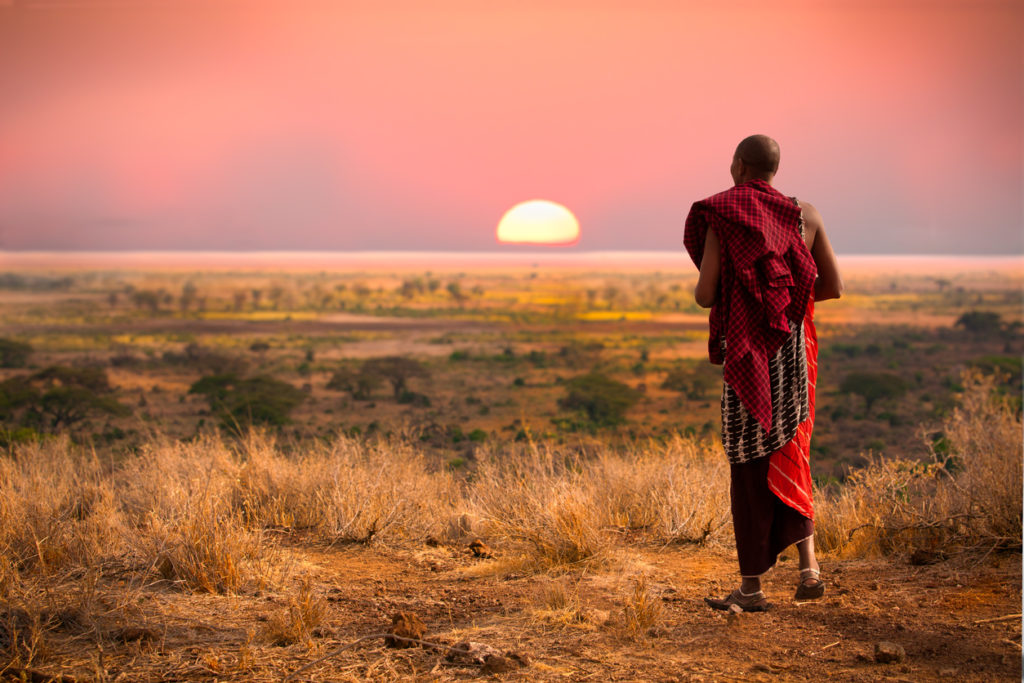
Without necessarily talking about eco-tourism or responsible travel, we really want to focus on slow travel – traveling less, but better, and for longer.
The Covid brought us with it: the symptoms of wanting to travel in nature, meet locals, take part in sustainable projects, stay away from mass tourism.
We’ve talked about it before, but Covid has only accelerated these trends: it’s now very unlikely that a traveler will ask you for a city break in a big city, and I imagine that their last wish will be for the New York subway.
I’ve already noticed that requests for quotes are on the increase for destinations such as Tanzania, the Maldives, the Caribbean, the Mongolian Steppes, but I haven’t yet had any requests for London or Rome…
We’ve said it before, and the lure of money won’t stop us: we know how to say no to certain travellers who want to see it all in no time.
When we see the revenge travelers arriving, we’ll say it even louder: the importance of education is becoming a new skill, and we need to take the time to enjoy, rather than building a marathon trip.
Focus on Revenge Travelers – understanding them better :
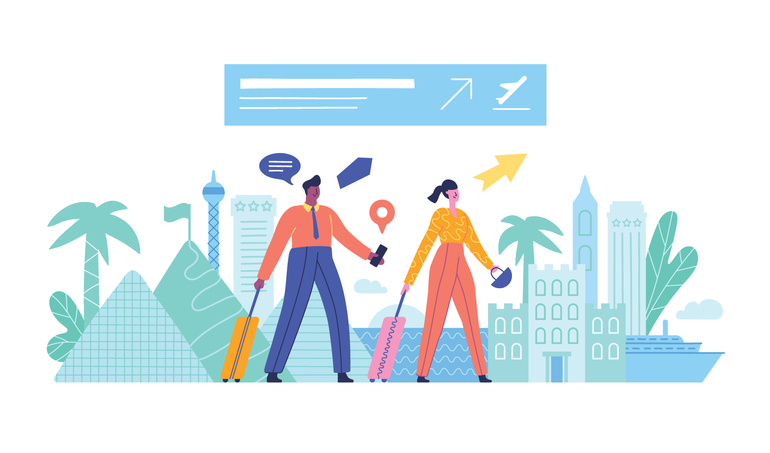
European travelers have a stable and positive attitude towards travel, but fears of falling ill at destination and quarantine restrictions have led to more trips being postponed until 2021, according to the latest report entitled “Monitoring Sentiment for Domestic and Intra-European Travel: Wave 2” published today by the European Travel Commission (ETC).
Similar to the results of wave 1, a majority of respondents (54%) indicate that they intend to take a trip in the next six months.
European travel is the top choice, with the same percentage of respondents (39%) planning to travel to France and other European countries.
Nevertheless, the survey highlights an 18% drop in stated preference for travel before the end of 2020, and a slight increase in uncertainty about the exact timing (+6%) and specific destination (+8%) compared to the data collected for the previous wave.
Leisure is the main objective of almost 65% of Europeans surveyed with short-term travel plans, while visiting friends and relatives would be the main objective of a further 20%.
Despite the effect of COVID-19 on urban destinations, city breaks are the most popular type of leisure travel for 21% of respondents.
At the same time, with the onset of winter, there appears to be a sharp 39% increase in the share of respondents opting for more nature-oriented skiing and snowboarding vacations.

With the resurgence of COVID-19 cases, health and safety is the main consideration in all Europeans’ travel plans.
Air travel continues to be considered the least safe part of a trip, according to 20% of respondents.
The existence of flexible cancellation policies is now the main driver of travel decisions among Europeans, with almost 11%.
The availability of an effective vaccine or treatment against COVID-19 follows closely at 10%.
Winter worsens short-term effect of COVID-19The results reveal that the main concerns of those intending to travel in the short term are still travel quarantine measures (15%).
However, the possibility of falling ill at destination and the growing number of cases of COVID-19, both around 13%, now occupy a greater place in people’s minds.
Uncertainty about the exact timing of a trip is also a major issue, with around 35% of Europeans not knowing when they will travel next.
ETC Executive Director Eduardo Santander said:
“The latest figures clearly show that Europeans’ desire to travel remains strong despite the reimposition of lockdowns and travel restrictions across Europe. EU governments must step forward and compromise with health authorities on practical solutions on how to implement the necessary protocols and safely restart travel operations. Europeans deserve to see their families or spend a short vacation over the coming winter break”.
The ETC report surveyed nearly 6,000 respondents in the context of the coronavirus pandemic and the unprecedented impact it continues to have on global tourism.
What are your priority goals and projects to prepare for a potential relaunch?
We’ve introduced new trips, new destinations.
New tools, new services.
We’ve got lots of surprises in store for you, we promise!
Essentially, we are positioned on long-haul routes, but there are many pearls in Europe…
We try to renew ourselves and use our imagination to put our qualities and assets at the service of the customer.
The travel agent has a real added value, we were present at all times and our travelers thank us for it.
Having a street-side agency also allows for human contact.
Above all, we want to showcase our expertise as travel agents in the destinations we know best.

And on this subject, my team and I are working on new projects, new horizons, with a specialized offer that we will address to our customers with a new identity, a new travel website that we will optimize for natural referencing and a global communications plan (social networks, influencers, newsletters, sponsored campaigns).
For us, it’s important not to leave any digital tool unused, and we’ll need to hit hard with images and powerful messages, because it’s thanks to the different confinements and new consumption habits of social networks that we’ll reach our target audience.
Our business is evolving, as are digital and travel behaviors: we know that our travelers are on social networks, getting inspired, discovering, researching and comparing. We have to be in the middle of this digital environment, and our new offer has to appeal to them.
For me, Covid is now a springboard, taking advantage of the calm of the storm to emerge even stronger. We’re working hard to better understand the future purchasing behavior of our travelers, and to attract new ones by proposing an even more cutting-edge range of offers and services to differentiate ourselves from the competition, and highlight our added value and expertise.
It’s important to analyze what tomorrow’s revenge travelers are and what they’ll be like. They’ll come from all walks of life, and their requests for departure will be equally different.
We’re doing it just as others are doing it, and we don’t want the tourism industry to rest on its laurels and hope that everything will go back to the way it was before.
The final word?
I’m lucky to have a fantastic team, top partners, and a magical job….
The most beautiful voyage is the one we haven’t made yet,” says Loïck Peyron.
I can’t wait!
How about you?
